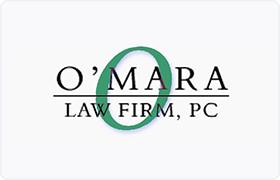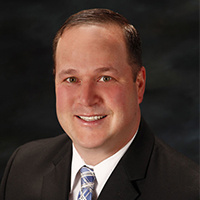Reno Trusts Lawyer, Nevada
Sponsored Law Firm
-
 x
x

Click For More Info:
-
The O'Mara Law Firm, P.C.
311 E. Liberty Street Reno, NV 89501» view mapEstate Law Experience, Knowledge & Integrity
For over a decade, David C. O’Mara has built and maintained an outstanding reputation by providing superior legal services to his many clients.
800-971-0140
Gregory L. Jensen
Wills & Probate, Trusts, Estate Planning, Estate
Status: In Good Standing Licensed: 44 Years
L. Robert Legoy
Trusts, Estate Planning, Employee Rights, Administrative Law
Status: In Good Standing
J. Robert Parke
Wills & Probate, Trusts, Estate Planning, Estate, Corporate
Status: In Good Standing Licensed: 33 Years
John Brendan Galvin
International, Trusts, Estate, Family Law
Status: In Good Standing Licensed: 38 Years
 David O'Mara Reno, NV
David O'Mara Reno, NV Practice AreasExpertise
Practice AreasExpertise
